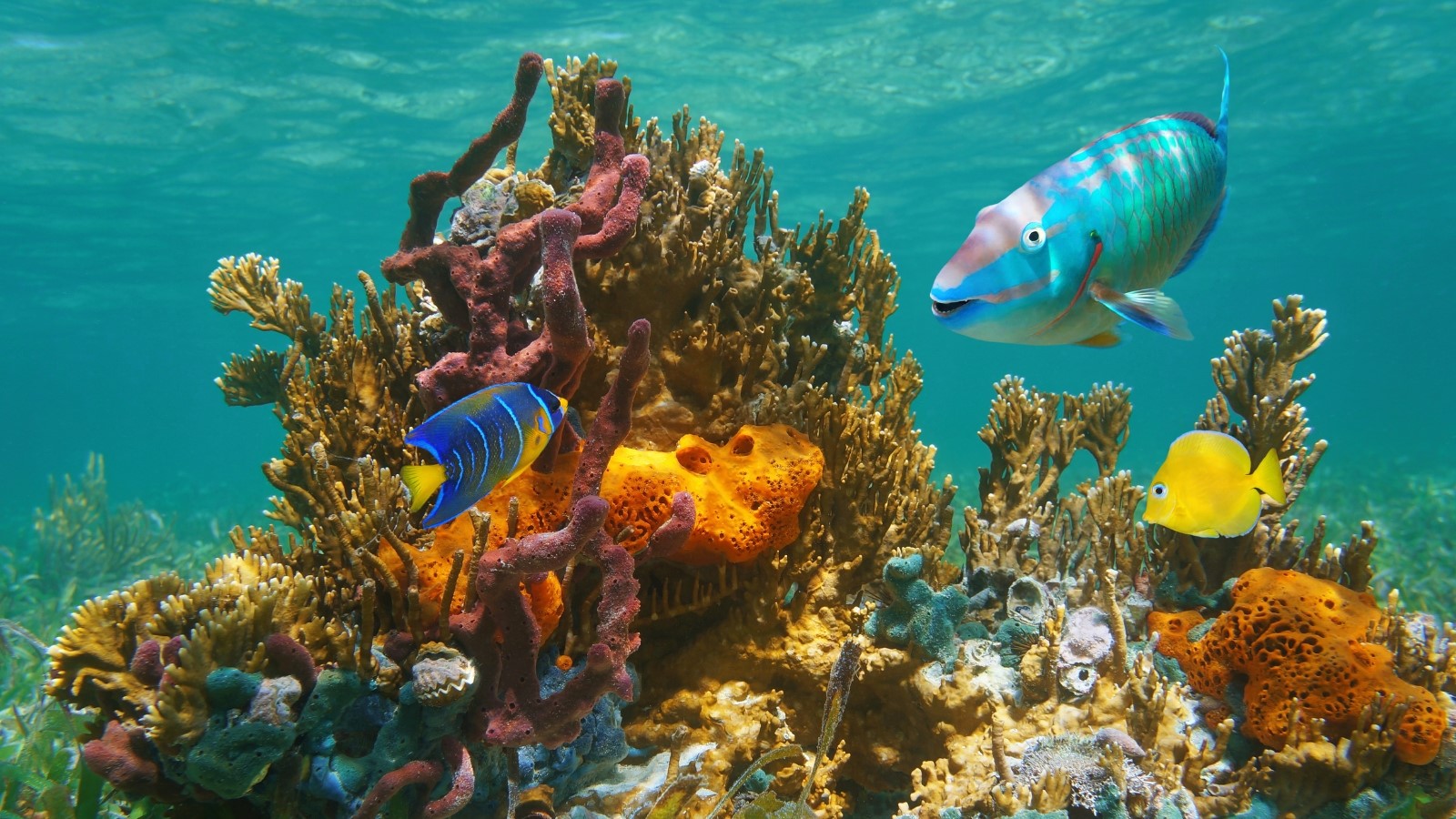UK falls short on biodiversity finance
15 July 2024

15 July 2024

The UK is among a group of developed countries not pulling their weight when it comes to biodiversity finance, report finds.
According to the report from the Overseas Development Institute (ODI), the UK has fallen short on financing biodiversity projects. Globally, biodiversity loss has accelerated in the last century and contributes to both human and environmental crises, such as food shortages, loss of medicines and materials, carbon absorption limitations, and ecosystem disruption.
Global investment of roughly $700bn is needed annually by 2030 to meet biodiversity needs, but a number of developed nations are failing to contribute their fair share when it comes to funding biodiversity, particularly for projects based in developing economies. The Convention on Biological Diversity’s Kunming-Montreal Biodiversity Framework has outlined a need to provide at least $20bn a year to developing countries by 2025 to deliver biodiversity targets, increasing to $30bn a year by 2030.
The report details a “fair share” benchmark contribution developed countries need to make to achieve the $20bn by 2025 funding target. Leading the table is Norway, who have delivered 223 per cent of their fair share target, equating t0 $0.47bn when their target is just $0.21bn. Sweden have just surpassed their target, while Germany has achieved 99 per cent and France 92 per cent.
At the bottom end of the table sits the UK, having contributed just $0.46bn of their $1.87bn target, just 24 per cent progress made. Joining the UK at the bottom of the table are New Zealand, Japan, Poland, Spain, Korea and Canada.
In order to determine these figures, three key metrics were sued:
Species and ecosystems are fundamental to human existence on our planet. Biodiversity provides everything from food and medicine to energy and human well-being. The reason why this isn’t pushing biodiversity to the top of the agenda for a number of developed nations is because tropical countries have populations more readily involved and reliant upon nature. It is estimated that in tropical countries, 1.2 billion people are “highly and directly dependent” on nature to meet their basic needs, the report states.
Human activity has already placed significant strain on nature and ecosystems. An estimated 1 million species currently face extinction, this is equivalent to a quarter of all known species globally. Over the last 150 years, over 10 per cent of the genetic diversity of plants and animals is calculated to have been lost. Changes in land and sea use, nature exploitation, climate change and pollution are all significant drivers of this loss.
Action to halt and reverse biodiversity loss is essential for protecting our future. For example, money is required to train and mobilise rangers, farmers, and ecologists who are integral to the protection and restoration of vital land and marine habitats.
The report’s estimates of necessary financial contributions from developed countries exists alongside the UNFCCC’s already established $100bn per year by 2020 target which was missed and yet to be cleared as of 2022, highlighting a lack of emphasis on biodiversity funding. Whether developed nations lagging on their financial commitments to biodiversity will recognise the demand for this investment remains to be seen.
Share